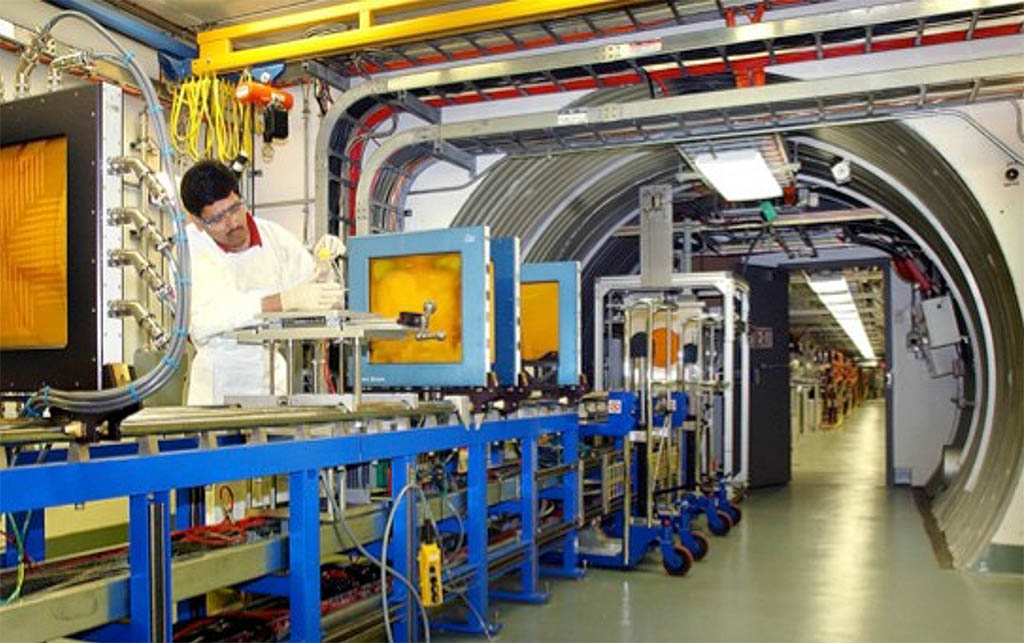
The Double-Edged Sword of Docker: Balancing Benefits and Risks
As a systems administrator, I am deeply concerned about the consequences of the current widespread adoption of technologies like Docker. Having been a proponent and early adopter of containerization for many years, I recognized its potential early on and have been advocating for its use in many of the Linux-based setups I manage.
Initially, this relieved me of some headaches. One recurring issue was dealing with developers requesting “exotic” setups—by exotic, I mean specific (sometimes multiple) versions of PHP on the same VPS, or unique combinations of PHP and MySQL (or MariaDB) that required adding external repositories of all sorts—creating future problems when one of these repositories ceases to exist or be updated, leaving us with an unstable, dangerous, or unupgradable system.
In many cases, I resolved these issues by partitioning components into FreeBSD jails (one jail per service, one for data, with bind mounts as needed—perfect efficiency, excellent upgradability and stability, maximum security). However, this wasn’t always feasible. Sometimes, the explicit use of Linux was required, prompting the need for an alternative solution. In the past, I separated components using LXC, similar to FreeBSD jails, but then Docker arrived, and the approach changed.





















